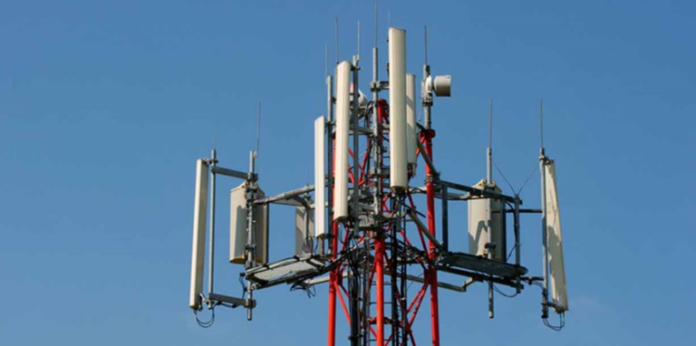Telecom Operators Call for Urgent Intervention
TECHDIGEST– The Association of Licensed Telecoms Companies of Nigeria (ALTON) has raised concerns about the future of the telecom sector, citing high energy costs, spiraling inflation, and multiple taxations as major threats. MNOs, acting under ALTON, fear that if the current situation persists, Nigerians may wake up one day to find telecom services unavailable.
Chairman Gbenga Adebayo highlighted the sector’s heavy reliance on diesel, with the rising pump price and the impending implementation of a 7.5% Value Added Tax (VAT) on fuel, further exacerbating the cost burden. Additionally, the removal of fuel subsidies has increased the cost of diesel transportation, posing significant challenges for the industry.
Adebayo explained that due to inadequate power supply from the national grid (averaging less than 30% daily), MNOs are forced to rely on alternative energy sources, primarily diesel, which accounts for around 70% of their power generation. He emphasized that renewable energy solutions like solar and wind only contribute negligibly to the overall power supply. The cumulative effect of limited power availability and escalating diesel costs, coupled with increased VAT and haulage expenses, has created an unsustainable situation. Adebayo stressed the need for prices to reflect the industry’s cost of production to ensure the continuity of telecom services.
READALSO:
ALTON and the MNOs are actively engaging with industry stakeholders, including the Nigerian Communications Commission, to address the challenges faced by the sector. They acknowledge the hardships faced by the public due to high living costs but highlight that the telecom industry operates within the same ecosystem and faces similar challenges. Policy changes such as the removal of fuel subsidies, the introduction of VAT on diesel, and the proposed 40% electricity tariff hike have all impacted the industry’s cost structure.
Consequently, if production costs continue to rise, MNOs may have no choice but to raise end-user prices, aligning them with the cost of energy, fuel, diesel, and transportation.
Despite the difficulties, the telecommunications and information services sector has played a crucial role in bolstering the Nigerian economy. In the first quarter of 2023, the sector contributed N2.508 trillion, equivalent to 14.13% of the country’s gross domestic product (GDP). This represented a 4.3% increase from the previous quarter and a positive progression of approximately 9.19% year-on-year. The sector’s positive performance was further highlighted by the significant revenue generated for the government through the issuance of 5G technology spectrum licenses and the successful launch of broadband services, including the introduction of SpaceX’s Starlink services.
















